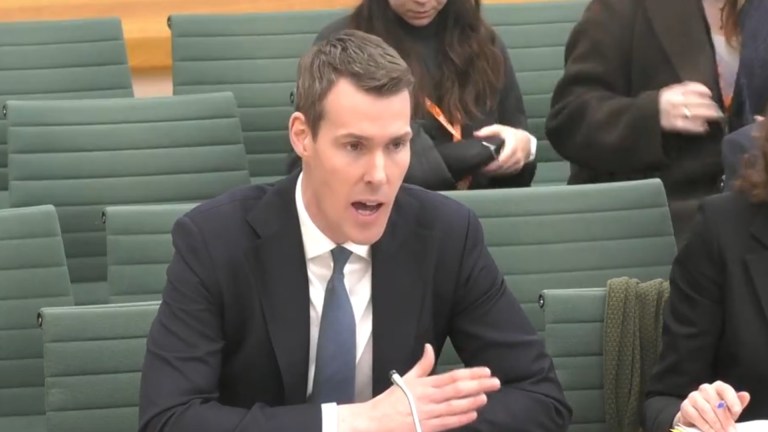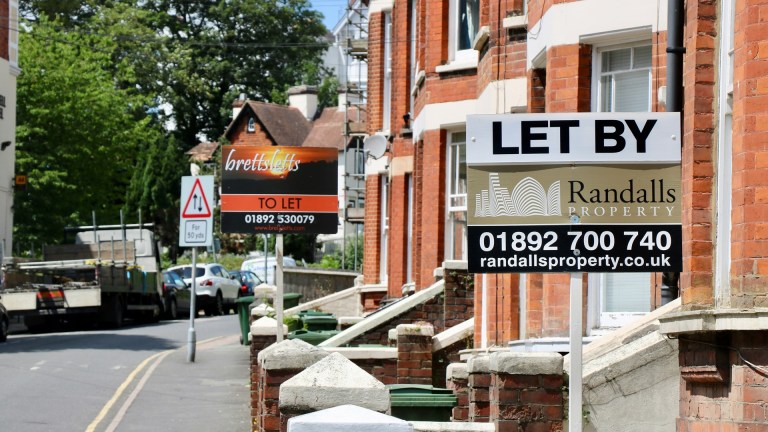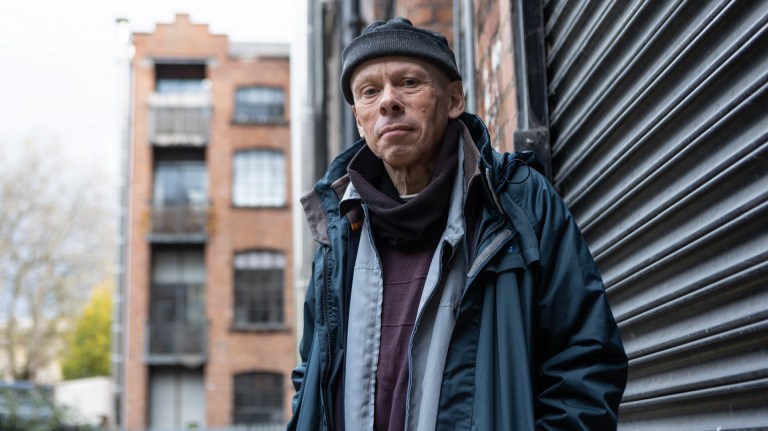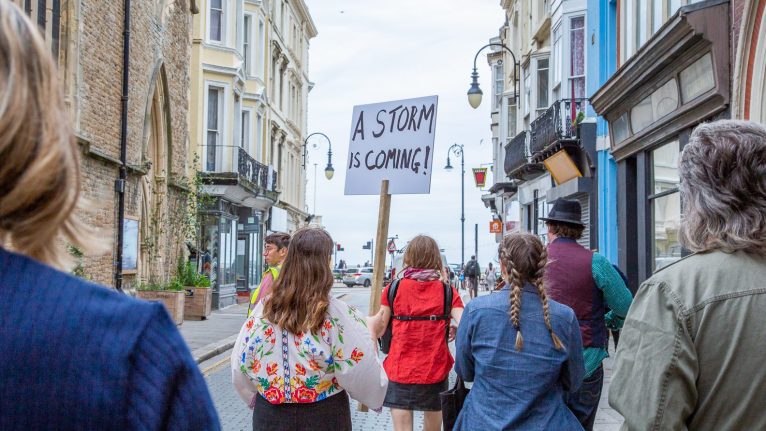The government has committed to multi-year spending reviews to give councils long-term certainty but local authorities need greater funding to deal with the housing crisis, including doubling the £157m they receive through the homelessness prevention grant.
“The housing crisis is having a devastating impact on the lives of people in London and wreaking havoc on town hall finances across the capital,” said councillor Holland.
“Housing and homelessness pressures are the fastest-growing risk to London borough finances. At a time when we need to invest in social housing and support homeless Londoners, boroughs are facing an unrelenting squeeze on our resources. The unavoidable reality is that spiralling costs and years of underfunding threaten to break boroughs’ budgets.”
An estimated 175,000 Londoners are living in temporary accommodation, equivalent to one in 50 residents in the English capital.
London accounts for more than half (56%) of the homeless households living in temporary accommodation in England while on average there is at least one homeless child in every London classroom.
There has been a 10% increase in the number of households living in temporary accommodation in London, rising to 60,959.
With a shortage of properties, councils are left with no option but to fork out on expensive hotels and other unsuitable accommodation.
That has seen spending balloon to around £3m a day – or £90m per month – rising by 40% in a year.
London Councils have called for the government to remove the housing benefit subsidy gap, which limits the amount of funding local authorities can claim back from the government and has been frozen since 2011.
Data from 24 London boroughs shows a gap of £96m between what councils are paying to provide temporary accommodation and what they can claim from the government.
Without further funding, London local authorities will be unable to build new social housing to meet Labour’s 1.5 million home target.
London Councils said three London boroughs were facing the “unprecedented” prospect of running out of housing revenue account reserves needed to maintain and build social homes in the next four years.
Councillor Holland said: “The current outlook is bleak, but we are committed to working with the government to find a better way forward. The upcoming Budget is a crucial chance for the government to restore much-needed stability to council finances and the local services we provide. This will enable boroughs to play our part in tackling the capital’s housing crisis and driving economic growth in London and across the country.”
The warning of overwhelming housing pressures from London has been echoed elsewhere in England.
Shelter analysis of government statistics recently revealed councils spent £2.3bn on temporary accommodation between April 2023 and March 2024.
The District Councils Network has been calling for more support for local authorities with Eastbourne Borough Council leading the charge.
The local authority said it is spending the equivalent of 49p in every £1 it collects in council tax on temporary accommodation.
Councillor Stephen Holt, leader of Eastbourne Borough Council, told the Big Issue the issue is a matter of ”utmost urgency” which will see more councils face effective bankruptcy without action.
Do you have a story to tell or opinions to share about this? Get in touch and tell us more. Big Issue exists to give homeless and marginalised people the opportunity to earn an income. To support our work buy a copy of the magazine or get the app from the App Store or Google Play.









